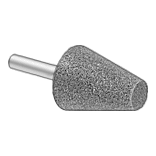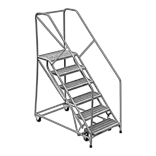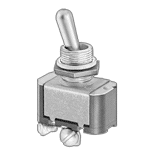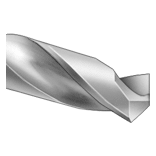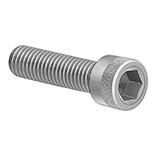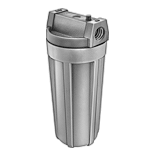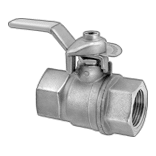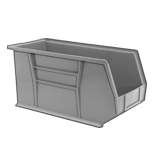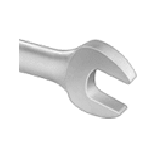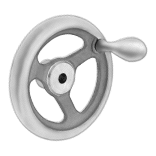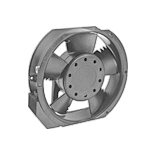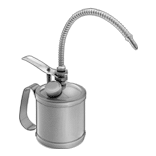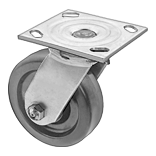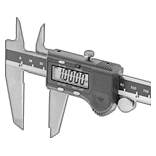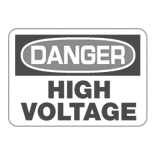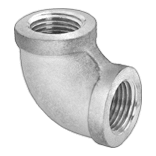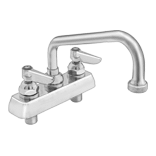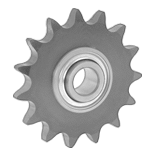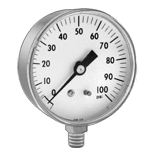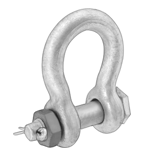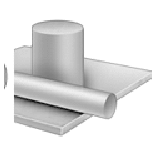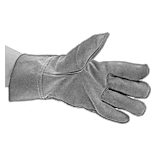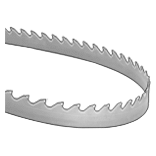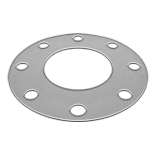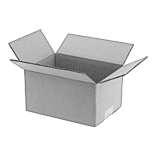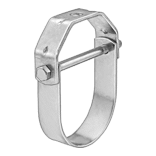About Battery Disposal
More
Sealed Large-Cell Batteries for Starting and Continuous Use
 |  Post and Side Socket |
Terminal Location C |
Deliver a surge of power to start automobiles and other vehicles, and provide power over a long time. These batteries are deep cycle, so they can handle many charge/deep discharge cycles. All are dry cell, so they have an absorbed glass mat (AGM) that soaks up the electrolyte and can be used in any position except upside down. They can be recharged hundreds of times.
Reserve capacity is the number of minutes that a new, fully charged battery can continuously discharge at 25 amps at 80° F. Marine cranking amps is the maximum amps that a new, fully charged battery can continuously deliver for 30 seconds at 32° F.
Warning: Batteries should always be charged and discharged in a ventilated area.
| Voltage | Battery Size | Terminal Location | Capacity, amp-hrs. | Reserve Capacity, min. | Marine Cranking Amps | Ht. | Wd. | Dp. | Each | |
Dry-Cell AGM Lead Acid | ||||||||||
|---|---|---|---|---|---|---|---|---|---|---|
Post and Side Socket | ||||||||||
| 12V DC | 34/78 | C | 55 | 120 | 955 | 8" | 10.8" | 6.9" | 00000000 | 0000000 |
Large-Cell Batteries for Starting
 |  Post and Side Socket |
Terminal Location D |
Deliver a surge of power to start automobiles and other vehicles. These wet-cell batteries contain electrolyte in an unsealed container, so they must be mounted upright. They may occasionally need to be filled with distilled water.
Cold cranking amps is the maximum amps that a new, fully charged battery can continuously deliver for 30 seconds at 0° F.
Warning: Batteries should always be charged and discharged in a ventilated area.
